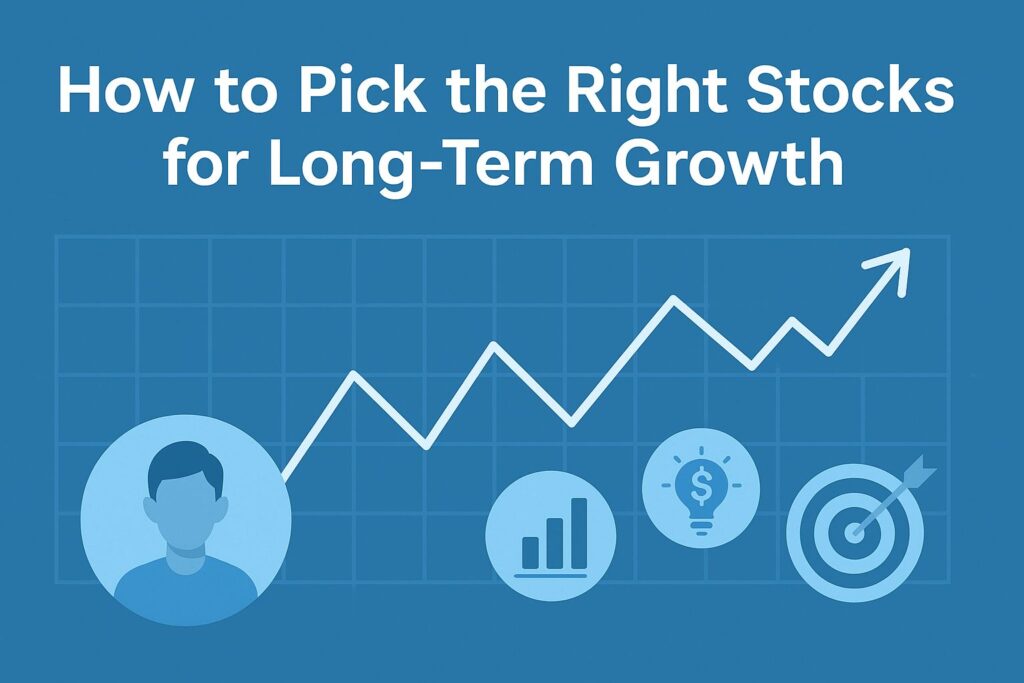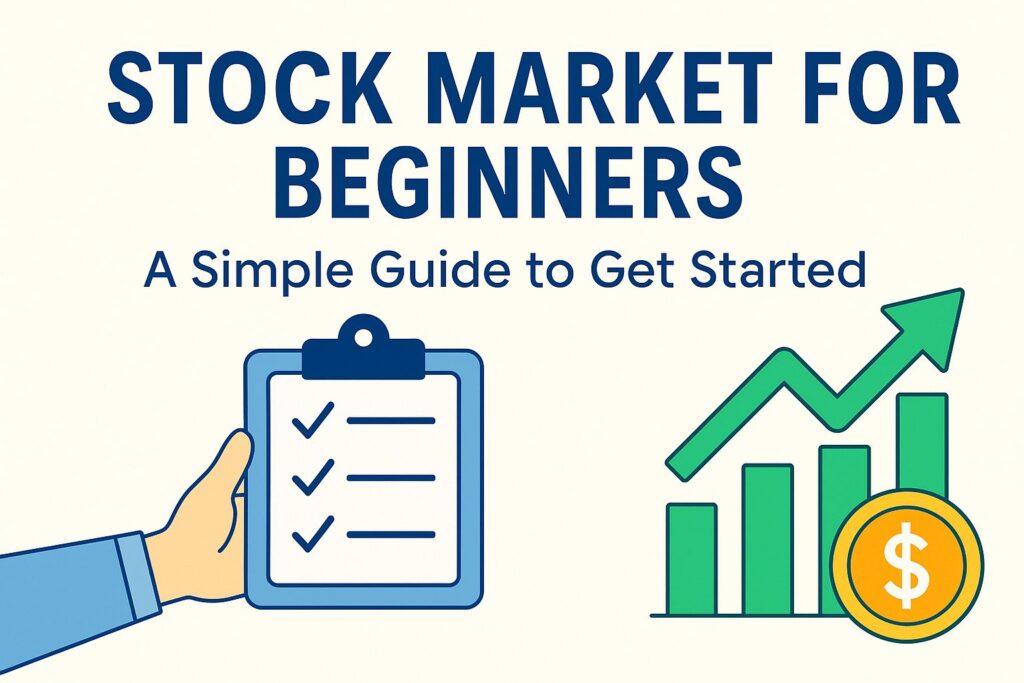As the U.S. economy faces growing uncertainty, many investors are asking a crucial question: Will there be a stock market crash in 2025? With interest rate shifts, global tensions, and rising volatility, concerns are building across Wall Street and Main Street alike. In this article, we explore the factors fueling speculation, expert predictions, and practical steps you can take to prepare for a potential downturn.
Economic Indicators Point to Mixed Signals
The possibility of a stock market crash in 2025 is not just a product of fear or speculation. Economists are seeing real indicators of strain. Inflation, while cooling slightly from 2024 highs, remains stubbornly above the Federal Reserve’s target. Unemployment is creeping upward, and wage growth is stagnating. Meanwhile, consumer debt has reached record levels, suggesting that household spending may slow down soon.
One key signal that analysts monitor is the inverted yield curve, which has persisted for over a year. Historically, this curve when short term interest rates are higher than long term ones often precedes a recession. While a recession does not always mean a market crash, it can spark panic selling, especially in tech and growth stocks.
Interest Rates and Federal Reserve Policy
A major factor driving market uncertainty is Federal Reserve policy. Throughout 2024, the Fed raised interest rates aggressively to combat inflation. Now in 2025, they face a delicate balancing act. If rates stay high for too long, borrowing becomes more expensive, corporate earnings decline, and investment slows. But if they cut rates too quickly, inflation could return.
This tension creates volatility in the market. In recent months, we have seen wild swings in the S&P 500 and NASDAQ as investors react to every Fed statement. The potential for missteps adds to fears of a stock market crash in 2025.
Geopolitical Risk and Global Shockwaves
Another driver of investor anxiety is global instability. Tensions between the U.S. and China continue to rise, particularly in areas like technology and trade. The ongoing conflict in Eastern Europe also contributes to market unease. Any escalation could trigger supply chain disruptions or energy price shocks, both of which would weigh heavily on U.S. equities.
Additionally, 2025 is a presidential election year. Historically, election cycles bring uncertainty to the markets. Depending on the outcome, investors could react strongly to changes in tax policy, regulation, and government spending priorities.
Corporate Earnings and Valuations
Although many companies posted strong earnings in early 2025, valuations remain high by historical standards. The tech sector in particular is trading at elevated price to earnings ratios, driven by enthusiasm around artificial intelligence and automation.
However, if earnings begin to miss expectations especially among big tech players stock prices could fall sharply. A few bad quarters from market leaders like Apple, Microsoft, or Nvidia might be enough to trigger broader sell offs. That is why the question of a stock market crash in 2025 remains top of mind for analysts and retail investors alike.
Are We in a Bubble?
Some experts argue that we may be in a speculative bubble. The rise of meme stocks, zero day options, and leveraged ETFs has introduced a casino like mentality to parts of the market. Platforms like Reddit and TikTok often fuel FOMO (fear of missing out) and push inexperienced investors into risky positions.
While this behavior is not new, the scale and speed of modern speculation is unprecedented. If investor sentiment shifts quickly due to a rate hike, poor earnings, or a geopolitical event the bubble could burst.
What Investors Can Do to Prepare
Even if a full-blown stock market crash in 2025 does not occur, a correction or pullback is always possible. Here are five practical tips to protect your portfolio:
1. Diversify – Spread your investments across sectors, asset classes, and geographies to reduce risk.
2. Review Risk Tolerance – If you are nearing retirement, consider shifting more funds into bonds or dividend-paying stocks.
3. Build Cash Reserves – Having 3 to 6 months of living expenses in cash can prevent panic selling during downturns.
4. Focus on Fundamentals – Invest in companies with strong balance sheets, steady earnings, and competitive advantages.
5. Stay Informed but Disciplined – Don’t make decisions based on headlines. Stick to your investment strategy.
What the Experts Are Saying
Economists are divided. Some believe that the worst is behind us and that the market will adjust to the new interest rate environment. Others see warning signs flashing red, especially in overvalued sectors and consumer sentiment data.
JP Morgan’s latest report suggests a 25 percent probability of a significant correction in the next 12 months. Meanwhile, Goldman Sachs remains cautiously optimistic but notes that any spike in energy prices or inflation could destabilize fragile gains.
Conclusion
While no one can predict the future with certainty, the risk of a stock market crash in 2025 is not unfounded. A combination of economic, political, and psychological pressures could create the perfect storm. However, history shows that long term investors who remain calm and diversified often come out stronger after downturns.
Rather than reacting with fear, now is the time to reassess your goals, strengthen your financial foundation, and prepare for potential volatility. Whether 2025 brings a crash or a correction, those who plan ahead will be better positioned to weather the storm and perhaps even find opportunity in the chaos.

